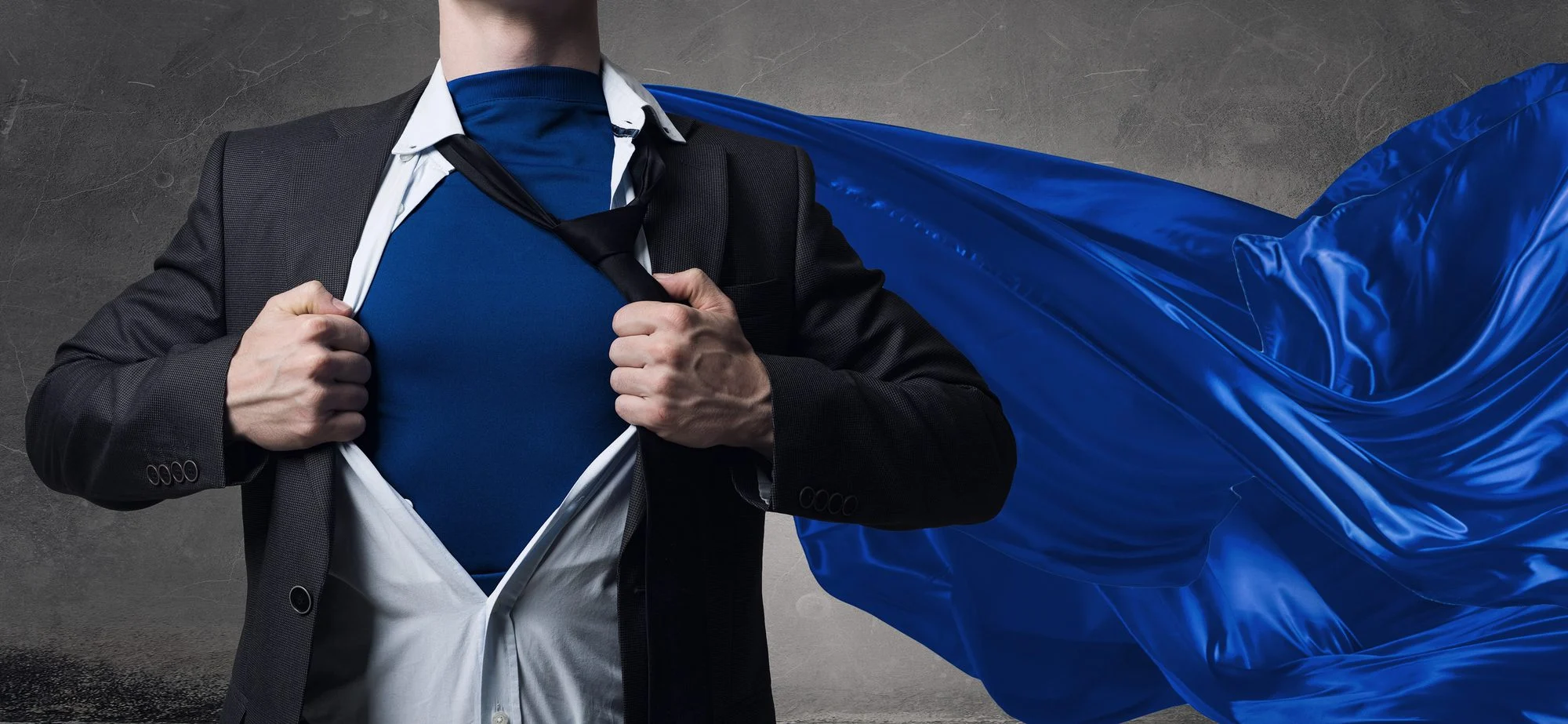
Positive Masculinity: Redefining Strength for Gay Men
By Ken Howard, LCSW, CST
Founder, GayTherapyLA.com
It feels like everyone’s talking about masculinity right now—what it is, what it isn’t, and who gets to define it. For gay men, this isn’t just a cultural conversation. It’s personal. Too often, we’ve been told we’re not “real men.” But what if the issue isn’t masculinity itself—it’s how we’ve been taught to view it?
As a therapist and coach for gay men for over 30 years, I believe it’s time to reclaim masculinity—on our terms. Let’s talk about how to do that in a way that feels authentic, powerful, and unapologetic.
What Does Healthy Masculinity Look Like?
Positive masculinity is about being strong without being cold. It’s the kind of strength that protects, not dominates. It shows up as leadership, emotional honesty, healthy boundaries, and resilience. You can be brave and still ask for help. You can take pride in who you are and still be open to growth.
We’ve been fed a lot of outdated nonsense: “Real men don’t cry.” “Don’t show weakness.” “Be tough at all costs.” But when you strip all that down, the strongest men are the ones who lead with integrity and compassion.
Gay Men and the Masculinity Dilemma
If you’re a gay man, you’ve probably felt it: the pressure to prove you’re masculine “enough” or the judgment when you express yourself in ways others see as “too much.” We’re told we’re not real men because of how we walk, dress, or love. And for many of us, that message sticks.
Some overcompensate with muscle, bravado, or conservative politics. Others push back with flamboyance and protest. But what if masculinity didn’t have to be a reaction at all? What if it just got to be yours—genuine, proud, and on your own terms?
Redefining Masculinity as a Gay Man
You don’t have to choose between being proud of who you are and being proud of your masculinity. They’re not opposites. In fact, combining the two might be the most powerful thing you can do.
That might look like leadership in your community. Or showing up for friends. Or embracing your body and self-expression. It might be leather and kink. It might be therapy and personal growth. Whatever masculinity means to you—it’s valid when it comes from a place of truth, not pressure.
What Happens When Masculinity Is Misunderstood?
The term “toxic masculinity” exists for a reason. There are real problems—violence, misogyny, emotional shut-down—that we have to name and challenge. But that doesn’t mean masculinity itself is bad. It means we’ve got work to do in shaping a better version of it.
Unfortunately, many young men hear only the criticism. They feel blamed for things they didn’t cause—and end up retreating into online spaces full of anger, confusion, and false strength. Influencers like Andrew Tate and Jordan Peterson offer them a version of masculinity that’s all dominance and no empathy. That’s not strength. That’s fear in disguise.
Why Some Men Are Pulling Away From Progress
Let’s be honest. Sometimes the political Left, in its efforts to correct injustice, pushes people away. Over-policing language, shaming instead of teaching, or assuming bad intent can backfire. Even well-meaning men can feel like they’re under attack—for being confused, for being imperfect, or just for being male.
That kind of rigid thinking doesn’t move us forward. It makes people dig in. And it creates the very divisions we’re trying to heal.
Mentorship Over Machismo: What Young Men Need
So many young men are struggling right now. They’re burdened with debt, priced out of housing, and unsure of where they fit in a fast-changing world. They’re online more than in real life, disconnected from role models and community. They don’t need blame. They need guidance.
Gay or straight, younger men benefit from older men who show them what thriving looks like. That doesn’t mean being perfect. It means being present. Listening. Offering encouragement. Teaching what healthy masculinity can actually look like—and how to live it.
For Gay Men, It Starts With Us
We’ve been shaped by shame and expectation for too long. It’s time we define masculinity for ourselves. That might include strength, leadership, creativity, community, sexuality, sensitivity—or all of it. You get to decide.
If the old rules don’t fit you, that doesn’t mean something’s wrong with you. It means the rules were broken to begin with. Together, we can create new ones—ones that actually help us grow.
Let’s Redefine What Being a Man Means—Together
You don’t have to figure this out alone. Whether you’re exploring how to feel more confident in who you are, navigating relationships, or trying to shake off old gender pressure—there’s support for that.
Let’s talk about the kind of masculinity that works for you. Call or text 310-339-5778, or email Ken@GayTherapyLA.com or Ken@GayCoachingLA.com for a free 15-minute consultation or to schedule a session.
About the Author
Ken Howard, LCSW, CST, is a Licensed Clinical Social Worker (#LCS18290) in California, an AASECT Certified Sex Therapist, and the Founder of GayTherapyLA.com and GayCoachingLA.com. With over 33 years of experience helping gay men thrive personally, professionally, and romantically, Ken is the most experienced gay men’s specialist therapist and coach in the United States today.
Hundreds of free articles are available at GayTherapyLA.com/blog and GayCoachingLA.com/blog. Ken’s podcast, “Gay Therapy LA with Ken Howard, LCSW, CST”, is heard by over 10,000 listeners per month in more than 120 countries worldwide.


